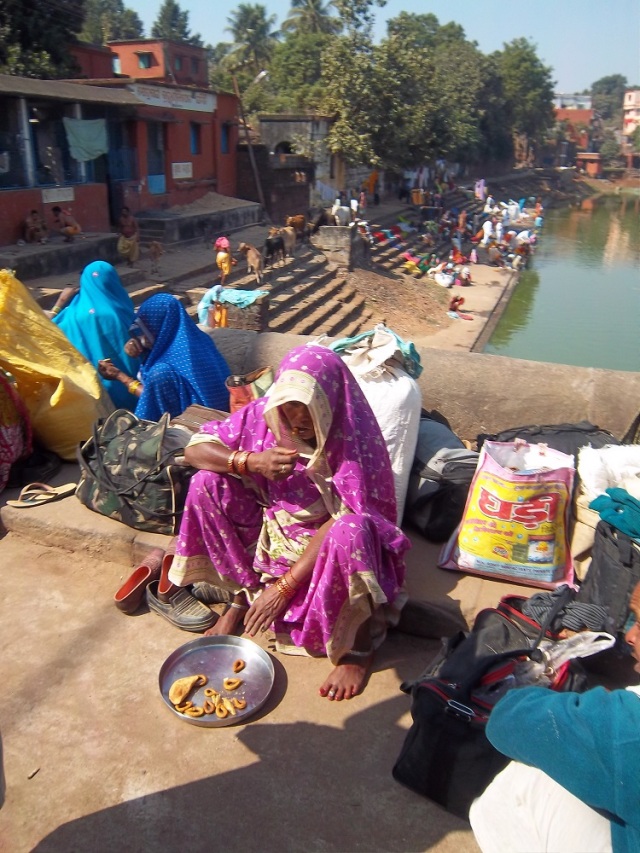
The first time I visited India I was ten years old, flying back to England with my parents and brothers after a three year tour in Singapore. Our RAF Hermes plane took almost three days, stopping in several countries to re-fuel, and de-ice the wings. We’d travelled out in a troopship, the Dunera – a whole month and school lessons every day – but the Suez Canal had been closed so here we were in Calcutta, as it was then known. I remember the heat, the highly spiced kofta they gave us for breakfast with a fried egg, which none of us could eat, the hole in the floor toilet we had to squat over while flies buzzed around us, the strange smells and sounds. How could I have known I’d begun a lifelong love affair with India?

A single parent for much of the time, I had to wait until my children had grown and flown before I could travel to Rajasthan, the princely state of maharajahs and palaces. Since then I’ve been all over the country, generally on India’s excellent trains, from Delhi and Agra in the north where the Taj Mahal reduced me to tears, to beautiful Kerala in the south, the temples of Bhubaneshwar in the east and vibrant Mumbai in the west, yet still, time after time I am drawn back. Next year I hope to travel the width of the country by train, up to its border with Pakistan and then into the Himalayas. My modest house – I spend all my money on travel – needs replacement windows but hey!

Ten years ago I volunteered to spend three months teaching English to street children in Kolkata. While there I realised what it is I love about the country –it’s the people. Despite great deprivation they laugh and are joyful. This time in Kolkata proved to be the hardest thing I have ever done. Broken, crumbling buildings sit amid lakes of raw sewage; filthy children encrusted with sores are homeless; families live on a patch of pavement so narrow they take it in turns to lie down. They give birth – and die – there. Yet their indomitable spirit shines through.
I feared I couldn’t do it, felt my resolve dying daily amid the horrors and hardship, but I started writing a journal and it saved me.

Imagine your shirt sticking to your back as you edge round a goat, swat at flies and cough as smoke from pavement cooking fires catches in your throat. After four hours of threadbare sleep you’re trying to find the group of street children you’ve come to Kolkata, India to teach English to as a volunteer.
Your ears hurt with the noise – shouting, blaring horns, a backfiring bus. A cow stands in the middle of the road, munching impassively on an old newspaper, as traffic edges round it. This animal is holy and if a driver were to run into it, he would be dragged from his car by an angry crowd and beaten up.
Heat beats on your head like a hammer as you search among blackened buildings whose stonework crumbles like stale cake. There is a smell of spices and sewage, urine evaporating in hot sun.
When you see the small group it takes you an age to cross the road, weaving between rickshaws, yellow taxis, tuk tuks festooned with dusty tinsel. The children are so tiny – malnourished – with bare feet, cropped hair and laddered ribs, but they shriek with laughter when you try to speak to them in Hindi. They stroke the pale skin of your arms and clamber on to your knees as you sit, cross-legged and crampy, on the bare earth floor. They are a joy, desperate to learn English, desperate to improve their position at the bottom of the luck ladder.
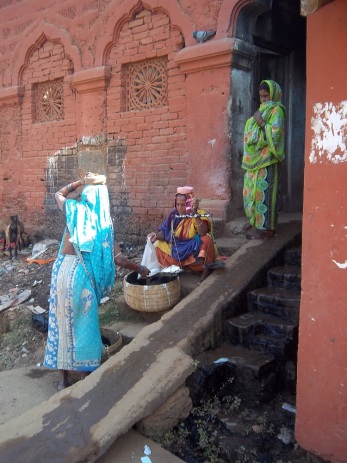
When you get back to your small room that evening your feet are gritty and blistered, your chest is raw with exhaust fumes and you are unbelievably filthy. Sweat makes white rivulets down the dirt on your face and you feel, and doubtless smell, rank.
By the end of the first week you will be overwhelmed by the magnitude of the poverty, despairing at the smallness of your contribution. How can you possibly do this for three whole months? Whatever were you been thinking of when you signed up?
Maybe, like me, you’ll start a journal and at the end of every day, no matter how tired you feel, you’ll write down every detail of your day – how the children are progressing, who made you laugh, who can now write their names, how much their poor chests rattle, who has the worst sores. It’s a sort of de-briefing you might find cathartic.
Despite having nothing, the children giggle and fool around, laugh and sing, hang on to you, desperate for cuddle. Everywhere you go in this dreadful place Bengali men and women will get used to seeing you, wave and call out ‘Hello, Aunty’ (a term of respect for women of a certain age. At the wayside shrine even jolly, elephant-headed Ganesh will be wearing a broad grin.
My diary covered three months and formed the basis for A Hundred Hands which tells the story of Polly who saw the plight of the children living on the streets and stayed to help. Outcast features the plight of the Dalits, the Untouchables. I have been back to India many times. Despite its horrors the country is mesmeric and its people a joy.
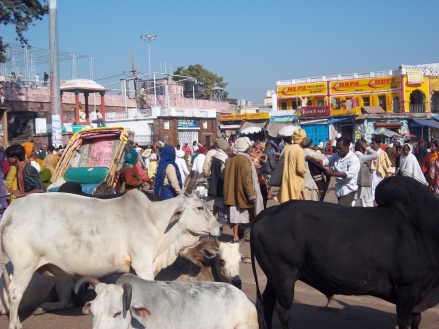
 About Dianne Noble
About Dianne Noble
I was born into a service family and at the tender age of seven found myself on the Dunera, a troopship, sailing for a three year posting to Singapore. So began a lifetime of wandering – and fifteen different schools. Teen years living in Cyprus, before partition, when the country was swarming with handsome UN soldiers, and then marriage to a Civil Engineer who whisked me away to the Arabian Gulf.
Most of the following years were spent as a single parent with an employment history which ranged from the British Embassy in Bahrain to a goods picker, complete with steel toe-capped boots, in an Argos warehouse. In between I earned my keep as a cashier in Barclays, a radio presenter and a café proprietor on the sea front in Penzance.
My travels have taken me to China, Egypt, Israel, Guatemala, Russia, Morocco, Belize and my favourite place, India. I keep copious notes and constantly dip into them to ensure my writing is atmospheric.
Outcast was my debut novel published in March 2016, followed in November of that year by A Hundred Hands. My third book Oppression will be based in the City of the Dead in Cairo and I hope to see its release early 2017.
After that I plan a family saga set in Cyprus ranging from the 1950s EOKA terrorism, through partition in the 70s to the present day.
I live, when not travelling, in a small Leicestershire village. A happy life for me is writing or reading – with breaks for chocolate and mugs of tea – and occasional visits to the theatre.
Connect with Dianne on Twitter and Facebook or visit her website.
Outcast 
Rose leaves her Cornwall café to search for her daughter in the sweltering slums of Kolkata, India.
In the daily struggle for survival, she is often brought to her knees, but finds strength to overcome the poverty and disease, grows to love the Dalit community she helps.
But then there are deaths, and she fears for her own safety.
Her café at home is at risk of being torched, and finally, she has to make the terrible choice between her daughter and the Indian children.
Available on Amazon.com and Amazon UK
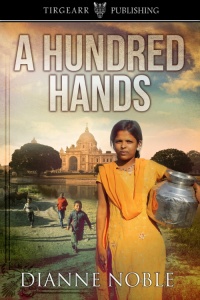 A Hundred Hands
A Hundred Hands
When Polly’s husband is jailed for paedophilia, she flees the village where her grandmother raised her and travels to India where she stays with her friend, Amanda.
Polly is appalled by the poverty, and what her husband had done, and her guilt drives her to help the street children of Kolkata. It’s while working she meets other volunteers, Liam and Finlay. Her days are divided between teaching the children and helping with their health needs. But when Liam’s successor refuses to let Polly continue working, she’s devastated to think the children will feel she’s abandoned them.
After a health scare of her own, she discovers her friend, Amanda, is pregnant. Amanda leaves India to have her child. At this time Polly and Finlay fall in love and work together helping the children. Tragedy strikes when one child is found beaten and another dead. Polly feels history repeating itself when Finlay becomes emotionally attached to a young girl.
Can Polly recover from her broken heart and continue to help the children, or will she give up and return home?
Available on Amazon.com and Amazon UK


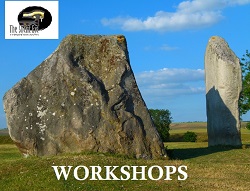







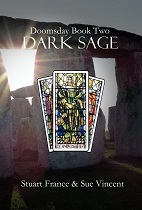








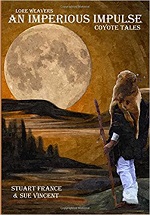




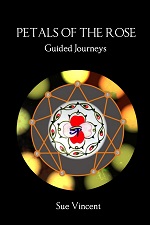






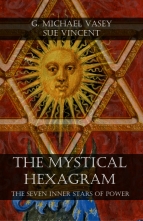

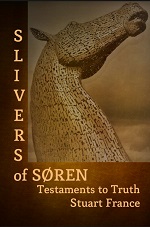


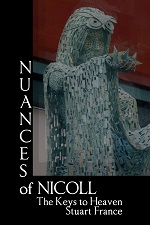


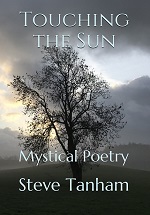

A wonderfully accurate way to describe how, despite the poverty and other horrors, India can really touch your heart in a way no other place can 😘 I fear I’ll be downloading books again today!!!
LikeLike
🙂 After my grandfather’s stories of India, it is somewhere I have always wanted to go and spend a serious amount of time.
LikeLiked by 1 person
You need time to go see the real India, not the tourist version most definitely!!! One day Sue you should go!!!
LikeLike
One day, I would like to…away from the tourists.
LikeLiked by 1 person
I wish you get the chance Sue..I really do! I can already imagine the photos you’d come back with!
LikeLike
The light and the colours have always fascinated me. They seem to be an outward symbol of something we, with our blacks and greys, seem to have lost.
LikeLiked by 1 person
Oh yes… the vibrancy is most definitely Indian!!!
LikeLike
Even here, on a grey and rainy day, it is the Indian women who bring the colour and grace to the towns 🙂
LikeLiked by 1 person
😀😀😀
LikeLiked by 1 person
Wow. Having spent time in India myself as a volunteer in a school – in far better conditions than Dianne, though – and become a frequent visitor there myself, I can totally relate to all that she says. Thanks, Sue. That’s another one on the to-read list!
LikeLike
I have yet to get there, Mick. Still time yet.
LikeLiked by 1 person
Thank you for sharing her story. I’ve never traveled to India but her evocative descriptions and life on the streets touched my heart. Another book to add to my list.
LikeLike
Nor have I, Miriam,though I have always wanted to.
LikeLiked by 1 person
Me too Sue. One of those places that has always intrigued me.
LikeLike
There is still time yet 🙂
LikeLiked by 1 person
Absolutely! I’m in the process of writing a wonder lusting post on the places I’d still love to visit. It’s on my list.
LikeLike
My list used to be appalling long 🙂 These days, though, I know it is unlikely I’ll get there… and my own land still has so much I need to see 🙂
LikeLiked by 1 person
Oh yes, mine too. In fact next year we’re planning a big road trip right up the centre of Australia so the other places will just have to stay in my dreams. At least for awhile.
LikeLike
Oh that sounds wonderful! I’ll look forward to reading about that 🙂
LikeLiked by 1 person
Thanks Sue.
LikeLiked by 1 person
I know a number of Indian people through my work and the quality of their personality in terms of graciousness and humility, apart from anything else makes them stand out from the crowd. I saw a documentary about the slums in Mumbai and, again, the manners and overall quality of the people were amazing, especially when compared with some of the more feral individuals you can meet on the streets of London
LikeLike
I was fortunate to teach a number of Indian women in their own homes and their welcome was gracious beyond words.
LikeLiked by 1 person
I’ve visited India a couple of times but only for a few weeks and I lived in Pakistan for years and I’ve a friend staying with me this weekend from Holland but we met in Pakistan almost 30 years ago and I’ve spent the last 48 hours wallowing in memories. Reading Dianne’s post has been the icing on the cake! Books downloaded.
LikeLike
I thought it would speak to you, Mary. x
LikeLike
India is much more than just poverty. & noise…yes there are some issues including poverty,pollution but there is much more to mention -the warmth people have here for the tourists, the ever expanding infrastructure ,the sky scrapers of Mumbai & Delhi, the IT professionals powering growth of various companies all over the world , the unending Indian delicacies, the Mystic temples and the list goes on..I wish you will spare out some time to visit India again and look more at the brighter side this time.. 🙂
Namaste and Regards from India 👏
(Atithi Devo Bhaveh – One of the teachings of Indian Culture in Sanskrit language which means “Tourists/Guests are comparable to Gods “
LikeLiked by 1 person
India had everything for everyone. One needs to decide, what they want from India.
LikeLiked by 1 person